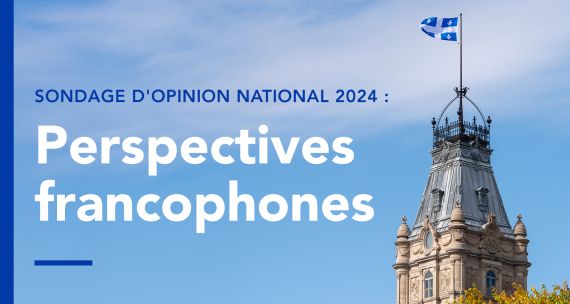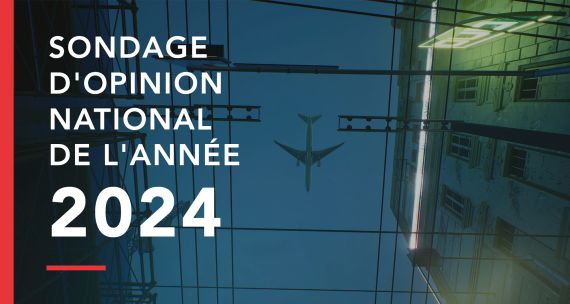Millennials are the first generation of Canadians whose world will be shaped by the "rise of Asia" for the entirety of their adult lives. As we plug into our digitally-connected world, we have witnessed in real-time the rapid economic growth and political transformation in Asia.
The Asia Pacific Foundation of Canada's newest national opinion poll reveals that Canadian millennials — those aged 18 to 34 — are becoming increasingly open-minded about the opportunities this growth and transformation represents. The survey finds that two cohorts of millennials have emerged: younger millennials (those aged 18-24 who form the 'learning generation') and older millennials (those aged 25-34 who form the 'engaged generation'). Both cohorts are departing from older generations of Canadians (35+) in terms of perceptions and attitudes toward Asia.
For our parents' generation, Asia was a distant place that they knew mostly through newspapers or television broadcasts, and where only key political events like the Tiananmen Square incident of 1989 or the rapid rise of the Japanese economy made headlines.
But to millennials, Asia has become closer to Canada than ever before. From the rise of K-Pop (Korean popular music) through global platforms like YouTube, to the surge in Taiwanese bubble tea chains like Chatime and Coco and the recent arrivals of Japanese mega-retailers Muji and UNIQLO, globalization has brought Asia to our doorsteps. This exposure to contemporary Asia has created a new bottom-up understanding of that region's cultures and societies, a stark difference from the more distant and top-down view our parents may have had when they were in their 20s and 30s.
According to the poll, younger millennials are also more likely than older generations to be involved with Asia through work, travel, language learning and social interaction. But this is not enough. In a globalized and digitally-connected world, Canadian youth need more dialogue with our counterparts in Asia, especially as we find ourselves grappling with a common set of issues, like school and societal pressures, prohibitive housing prices, and the endless frustrations of landing a stable and respectable job. As we step into the future, we need more and better collaboration locally, regionally, and globally between millennials from around the world as we form the next generation of leaders, entrepreneurs, scholars, parents, and, of course, global citizens.
Acting on this interest in expanded dialogue between Canadian millennials and our peers in Asia will provide us with the types of soft skills that will make us more effective learners in the classroom, better negotiators in the workplace, and more informed citizens. But we need our Canadian leaders to recognize that this genuine interest and curiosity about the world on the other side of the Pacific needs to be encouraged and validated through more opportunities that allow us to engage with new peoples and cultures. Whether it is through study and work experiences abroad, learning more about Asia in the classroom, or even engaging with newcomers in our local communities, our government needs to help us be more proactive in stepping out of our comfort zones. According to the new NOP, millennials report having a healthy interest in learning more.
While millennials may be young, we are not naive. We are much more than the ride-for-hire, avocado toast-eating generation of social networkers that the media make us out to be. Both the findings from the poll and a series of anecdotal interviews conducted with Vancouver-area youth alongside the survey reveal that younger millennials in particular take a very pragmatic approach to engaging Asia, which may mean taking a step back from the values-driven foreign policy of previous eras and toward a recognition of the practical economic necessity of trading with countries such as China.
A fresh perspective from millennials who are keen on developing relations with our Asia Pacific neighbours is the best way to start engaging in constructive dialogue. We are often spoken for, and spoken to, but we are rarely speaking for ourselves about our views on society and our role in the Asian Century. More than ever before, we want to shape a new direction for Canada-Asia relations. But is the older generation ready to listen?
This piece first appeared in The Vancouver Sun on December 8, 2017.



